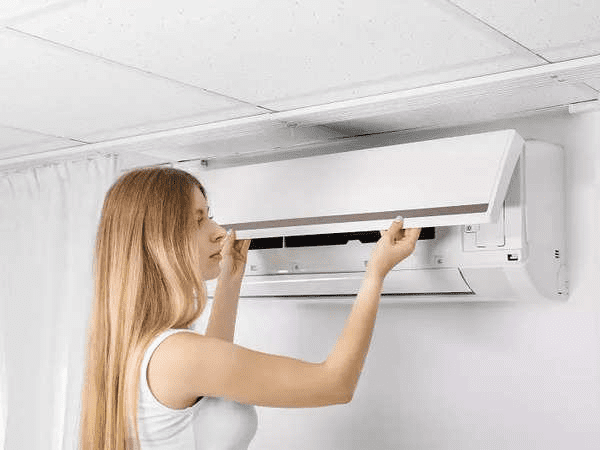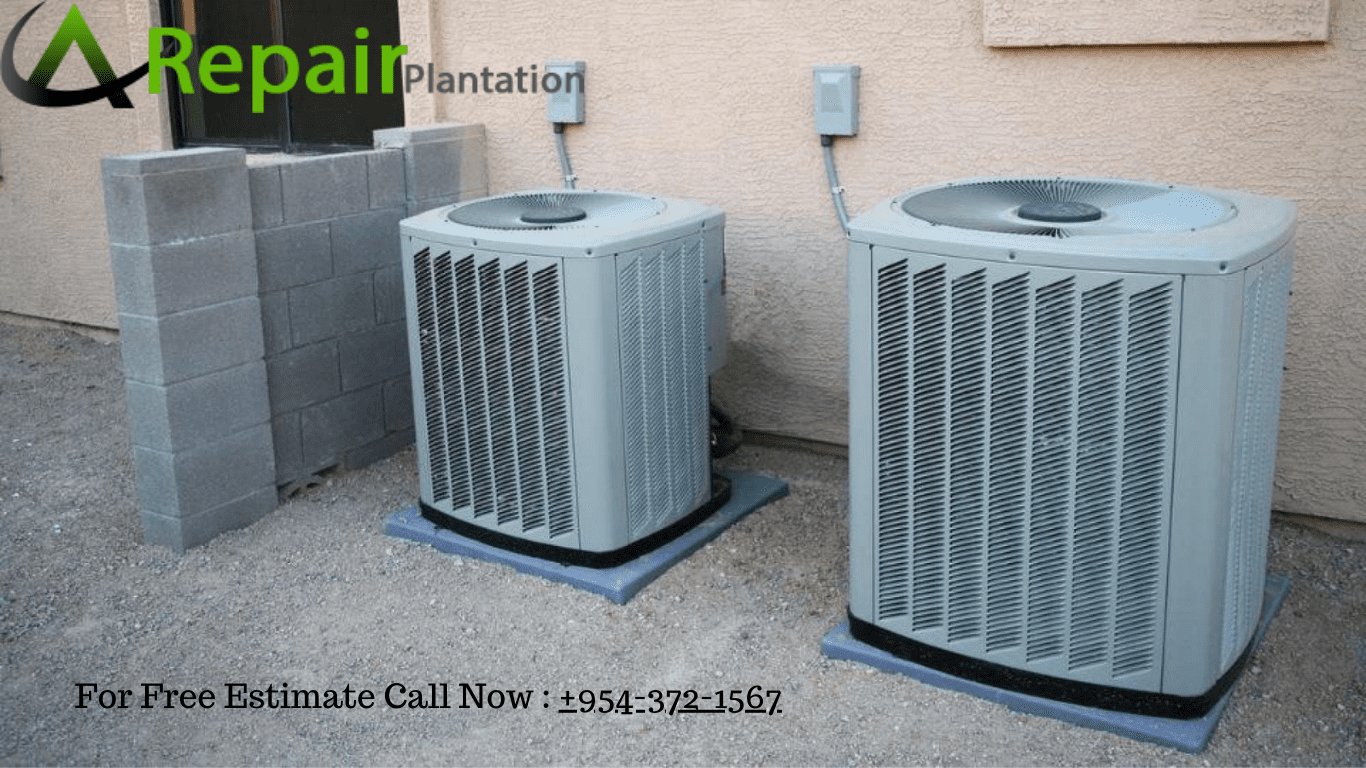
Finding eco-friendly substitutes for harmful substances is of utmost importance in today’s world. When it comes to cooling systems, one significant concern is the use of R-22, a refrigerant notorious for its detrimental impact on the environment.
R-22, commonly known as Freon, has been extensively used in air conditioning and refrigeration systems. However, its usage poses severe environmental concerns. R-22 is known for its ozone depletion potential and high global warming potential.
Therefore, we’ll here explore ideal eco-friendly alternatives to R-22 and also provide sustainable cooling solutions that not only protect our planet but also offer efficient and cost-effective options.

Criteria for Eco-friendly Alternatives
When seeking eco-friendly alternatives to R-22, several criteria should be considered. These include:
- Environmental impact
- Energy efficiency
- Safety
- Availability
- Cost-effectiveness
You can find sustainable and environmentally friendly refrigerants for your cooling system by evaluating alternatives based on these factors. However, it is advised to hire AC Repair Plantation professionals to change the refrigerant in your air conditioner. It is because several advanced tools and expertise are required to perform this task.
Eco-friendly Alternatives to R-22
Several refrigerants have emerged as ideal eco-friendly alternatives to R-22. R-410A, R-32, and R-407C have gained popularity for their minimal environmental effects.
- R-410A is chlorine-free and has zero ODP. It offers enhanced energy efficiency, making it a viable long-term replacement for R-22.
- R-32, with its low GWP, also exhibits excellent energy efficiency and is increasingly being adopted in new cooling systems.
- R-407C, a non-ozone-depleting refrigerant, offers an easy transition option for existing R-22 systems.
Factors to Consider in Transitioning to Eco-friendly Refrigerants
Transitioning from R-22 to eco-friendly refrigerants requires careful consideration. Equipment compatibility is crucial, as some units may require modifications or retrofitting.
Seeking professional expertise from AC repair Plantation can be a great idea to ensure a smooth and efficient transition. Additionally, considering the availability and cost-effectiveness of alternative refrigerants is essential in making informed decisions.
Best Practices for Eco-friendly Cooling
You ought to follow the best practices to optimize cooling systems and minimize environmental impact.
- Regular maintenance and inspections ensure efficient operation and prevent refrigerant leaks.
- Timely servicing from AC Repair Plantation ensures your air conditioner always operates optimally.
- Proper insulation and sealing of buildings minimize energy waste.
- Upgrading to energy-efficient equipment, such as high SEER-rated AC systems, reduces energy consumption.
- Temperature management strategies, such as using programmable thermostats and natural ventilation, further enhance energy efficiency.
Other Sustainable Cooling Solutions
Beyond refrigerant-based alternatives, non-refrigerant cooling solutions present additional eco-friendly options.
- Evaporative cooling systems utilize natural water evaporation to provide cooling. These systems consume less energy and have minimal environmental impacts.
- Geothermal systems utilize the stable temperature of the Earth to provide heating and cooling, significantly reducing greenhouse gas emissions.
Both options offer sustainable and more environmentally friendly alternatives to traditional refrigerant-based air conditioners.
In this post, we explored R-410A, R-32, and R-407C refrigerants as ideal eco-friendly alternatives to R-22. Apart from that, non-refrigerant-based air conditioning options like evaporative cooling and geothermal systems can further protect the environment.
They deliver efficient and cost-effective cooling while contributing to a greener and more sustainable future. So, be a smart and responsible user by ensuring your air conditioner doesn’t harm the environment.

























